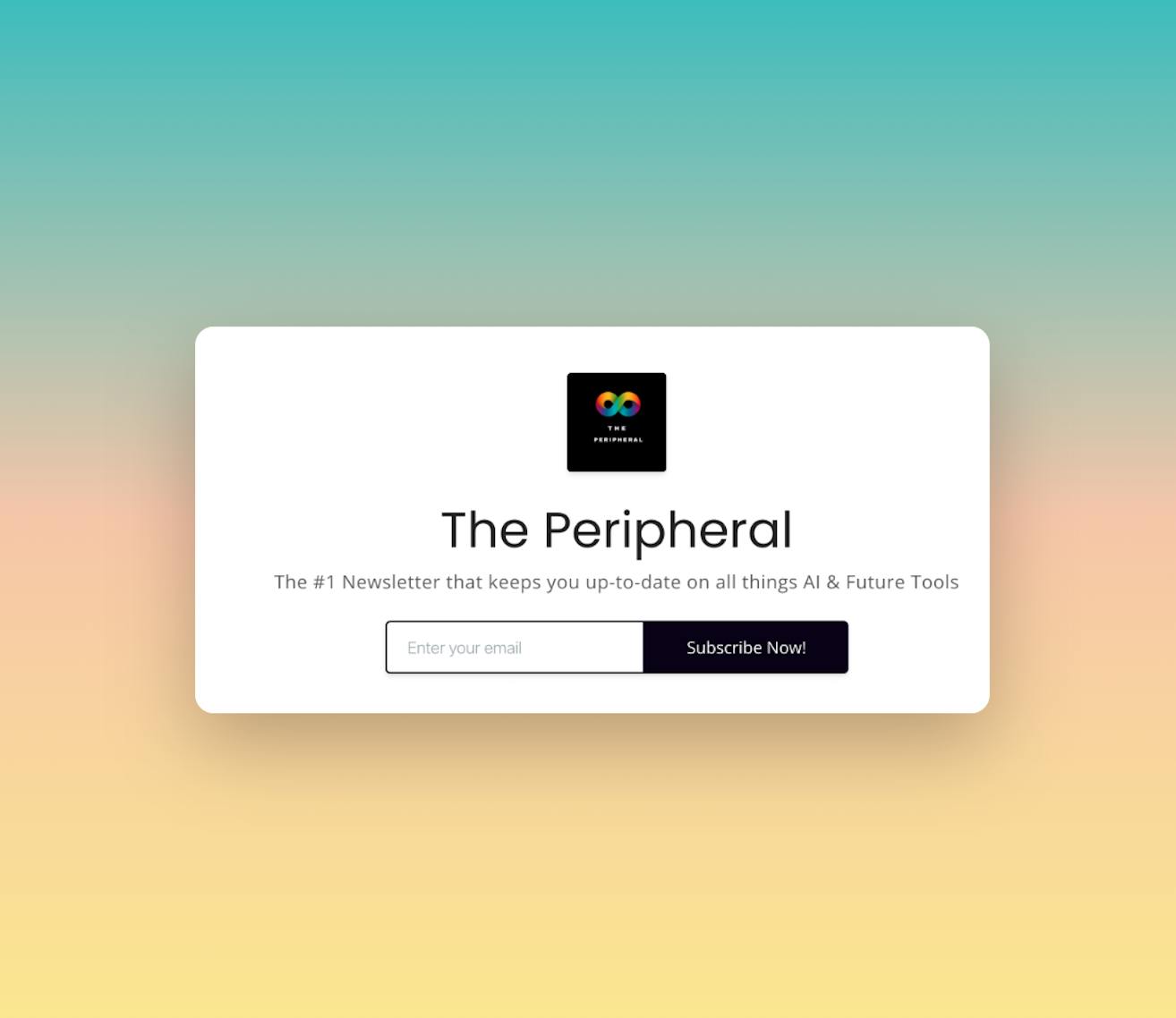I was born and raised in California and one of the main reasons why I love the state is because of its innovations. California is always among the first to set trends that other states later adopt.
California is now on the verge of digitizing its car title management system with the help of the Tezos Blockchain.
This is not only huge for California, but for web3 and the DMV. When you think of innovation, the DMV isn't the first agency to come to mind, but with this explosive move, DMV will now be synonymous with all things cutting-edge.
I spoke about how Amazon's NFT would provide a great use-case for onboarding customers into web3 and now the DMV is in a similar position to help millions of Californians learn about how blockchain technology works and provide transparency when it comes to registering, and transferring car titles and setting up a secure digital identity on the blockchain.
Blockchain Technology
Blockchain technology is one of the most revolutionary innovations of the 21st century. Forbes showcased its 50 most popular blockchains in February 2022, simply disregard FTX, no one saw that coming. Blockchains are an exciting development that has the potential to completely revolutionize the way we store, share, and access data. And not to mention how we’ll use it to interact on social media going forward.
Companies Already Embracing Blockchain Technology
Coca-cola using blockchain software to manage their supply chain
Starbucks using blockchain technology for their loyalty programs
Reddit using image NFTs on the blockchain for their collectible avatars
Netflix using video NFTs on the blockchain to understand TV show engagement
Telegram building their own blockchain to offer more privacy to their user accounts
JP Morgan moving international transactions on the blockchain
Nike buying a blockchain company and moving their marketing to the metaverse
DeSo using blockchain technology to connect people through decentralized social media
Amazon using blockchain technology to create a digital assets enterprise
What is a Blockchain?
The term “blockchain” is most often associated with cryptocurrency trading, but its definition is far broader and more complex. In its simplest form, blockchain refers to a distributed digital ledger of recorded transactions; these transactions are recorded chronologically and can be viewed by all participants in the chain. Each transaction record is secured and bound to the previous one, creating a chain of blocks that is immutable and cannot be tampered with. This chain of blocks effectively creates a secure and predictable digital record, which can be used to track and verify any type of transaction.
Blockchain Structure
The second component of a blockchain is its structure. The structure of a blockchain consists of a series of blocks, which are linked together in a linear chain. Each block contains a cryptographic hash of the previous block, a timestamp, and transaction data. The hash creates a unique identifier for each block and is used to link them together. This creates a chain of blocks that can’t be modified or tampered with since any changes to the data would result in a different hash. By using cryptography to create an immutable record of transactions, a blockchain provides a secure and reliable way to store and transfer data.
The Benefits
Blockchain technology provides users with three main benefits:
- Enhanced Security
2. Increased Transparency
3. Improved Efficiency
First, blockchain technology is highly secure, making it ideal for businesses that wish to protect sensitive information. All data stored on a blockchain is encrypted and stored in multiple nodes, making it nearly impossible to hack.
Second, blockchain technology provides users with increased transparency and traceability. All transactions are permanently recorded on the blockchain and can be viewed by anyone with access to the network. This makes it easy to verify and trace transactions.
Finally, blockchain technology is incredibly efficient. Transactions and exchanges of data can occur quickly, reliably, and securely. This eliminates the need for middlemen and allows for faster and more cost-effective transactions.
Blockchain Applications
Blockchain technology is being used in many different applications, from finance to healthcare. One of the most prominent applications of the blockchain is in digital currency. Digital currencies, such as Bitcoin, use blockchain technology to create a secure, decentralized digital ledger of transactions. This technology has also been used to create smart contracts, which are digital agreements that can be securely stored and enforced without the need for a third-party intermediary. Additionally, blockchain technology is being in decentralized social networks, such as DeSo.
Blockchain Future
Some of the most exciting possibilities include the use of smart contracts, which are stored on the blockchain and are self-executing when certain conditions are met. This will revolutionize the way we do business, as it would make transactions much more secure and efficient. Additionally, blockchain technology could be used to create more secure and efficient financial systems as JP Morgan is looking to undertake, as well as provide new ways of managing our data. Finally, blockchain technology is enhancing the way we connect on social media. A way that not only lets creators own their work but also get paid for it will be full transparency.
Decentralized Social Blockchain
Creators need platforms that are created from the bottom up with monetization, sustainability, and ownership in mind. Social apps on DeSo support a variety of monetization models that put creators first. For example, Diamond App, the Web3 Twitter includes several monetization models such as social tipping on content, creator coins, NFTs and much more. By posting content daily, creators can earn consistently on every post from day one. Creators no longer need to wait six and half months before they see their first dollar.
DeSo is a completely new kind of decentralized social media platform that allows users to create and share content, earn rewards, and get paid for their efforts without having to rely on likes.
DeSo is a great complement to Twitter because it gives control back to the creator and with its monetization strategies, it removes the need to be liked and instead helps the creator focus on quality content and engagement. This should be the gold standard for influencers going forward because it doesn’t matter if you have one follower or 100, you can still be paid for the content you produce thereby freeing creators of the need to chase likes and focus on producing quality content and getting paid.
With the new DeSo integration with Twitter, creators can now monetize every tweet. Yes, all you have to do is post on Twitter and that tweet is automatically pushed into the DeSo ecosystem, thereby giving you the ability to earn real money from day one.
Why store your content on the blockchain?
You can earn income for every Tweet you post via DeSo tips, and much more…
Your content becomes censorship-resistant, meaning you can’t be de-platformed!
You become a part of a vibrant, close-knit community.
You’re no longer chasing “likes” but are getting paid
Join DiamondApp today!
New to web3? Learn how to leverage DeSo.
NEW AI NEWSLETTER
We're living at an exciting time in history. We are on the periphery of the future. Join the #1 Newsletter that brings you all things AI & Future Tools. Sign up now!


